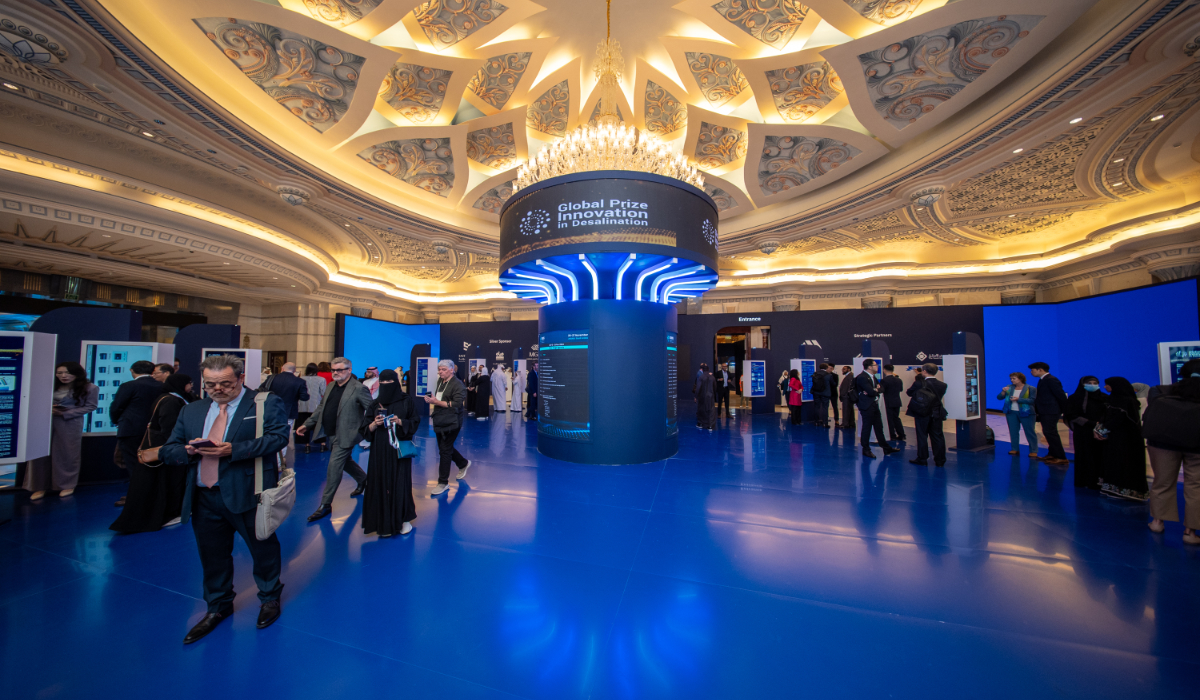MAKKAH: A leading Saudi university has started employing artificial intelligence to help preserve Red Sea fish species and assess their sustainability.
Through its innovative scientific research and various data-based methods, the King Abdullah University of Science and Technology is using algorithms to analyze masses of statistics about fish populations, fishing practices, and environmental factors.
Thuwal-based KAUST aims to determine how sustainable the fisheries are, while applying techniques such as machine learning to past data to create predictive models that forecast future stock levels.
Saudi Arabia currently imports around 60 percent of its seafood, but the government is ramping up efforts to become self-sufficient and has already invested heavily in aquaculture to supplement the declining catch from Red Sea fisheries.
In a statement, KAUST noted that as part of the projects supported by the Ministry of Environment, Water, and Agriculture, research was underway to inform fisheries management and secure the future of the vital food source.
Andrew Temple, a postdoctoral fellow in the Red Sea Research Center and a member of the first cohort of the KAUST Global Fellowship Program, said: “Fishing is a trade-off between how quickly the population of each species can grow and how much we take out. It can take up to a decade of data collection to spot declines, and so we are always playing catch up.
“This is particularly bad for people who rely on fishing as a source of food or income,” he added.
Temple pointed out that he wanted to transform fisheries research from a reactive discipline — responding to species decrease — into a proactive one that prevented species decline and facilitated marine conservation measures. He will draw on experience working with global fisheries from Northern Europe to East Africa.
He said: “Fisheries get a bad rap, but most of the species where we have reliable data from are fished sustainably. There are effective management systems in places like Europe, North America, and Australia, and species like tuna are fished sustainably in most countries.”
However, in the Red Sea, management was limited and popular species such as grouper and humphead wrasse were in fast decline. Even though the Kingdom was a developed, high-income nation, its local fisheries were still quite small-scale, similar to those in Africa and Southeast Asia.
“The economic drive to catch these large fish is very high and most fishermen have to worry about the here and now, not 20 years in the future,” Temple added.
Through Vision 2030, the country wants to combat malnutrition with sustainable food production. Using artificial intelligence, Temple is developing a straightforward tool to categorize fish based on their economic value and rate of population growth. This will make it simple for decisionmakers to identify the species that are most in danger of becoming extinct soon and will help researchers to prioritize their efforts.
Temple’s mentor, Michael Berumen, said: “This is a creative approach to address a timely problem. Saudi Arabia urgently needs to improve the management of its fisheries for both marine conservation and food security.
“The tool can inform stakeholders, particularly the Ministry of Environment, Water, and Agriculture and coastal giga projects such as NEOM, and their plans to address these challenges.”
Temple’s multidisciplinary approach combines market studies and local knowledge with biological data and species morphology. By studying the shape and size of fish, biologists gain insight into their evolutionary history and can estimate their population growth rates.
Large fish, for example, are slower to reproduce than small ones and are therefore at greater risk of being wiped out by overfishing.
Temple said: “By sorting species using their resilience and considering how people interact with them to predict which ones are most at risk, we can take action now instead of waiting five to 10 years.”
For the last three months, Temple has accompanied environmental consultants from KAUST Beacon Development Fisheries Team on trips to local fish markets, where they gather data on the size, age, and reproductive maturity of some of the highest-value species, including jacks, snappers, groupers, and Spanish mackerel.
The team also collects catch data from ports to track how many of each fish are landed at any given time.
Calculating the economic value of a fish requires a deeper dive into market trends and some insider knowledge of a country’s preferred cuisine.
“Culturally, people know which fish to eat. For a start, attractive fish look more palatable, so they might be at greater risk than some of the ugly species from the ocean depths,” Temple added.
However, different fish are prized in different areas and all trawling vessels scoop up so-called trash fish that have no economic value. These fish either get thrown back or the fishers keep them to feed themselves and their families.


































